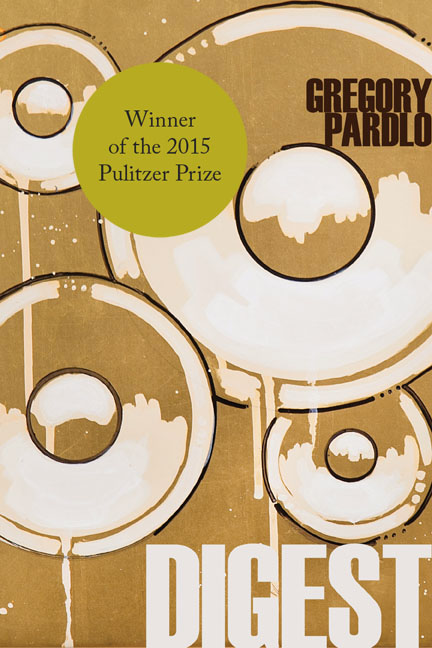A Conversation With the Editors of Four Way Books

Ever since 1995, when its first books hit shelves, Four Way Books has been a game-changer in the publishing industry. At the Best American Poetry blog, Martha Rhodes, James Fujinami Moore, Ryan Murphy, and Sally Ball of Four Way Books discuss their perspective and goals. A snippet from their convo with Dante Di Stefano:
DD: Four Way Books began in 1991, as a venture between you and your graduate school friends: Beth Stahlecker, Jane Brox, Dzivinia Orlowsky, and Helen Fremont. How have these friendships influenced the evolution and tenor of the press?
MR: We really began in 1993, with first books in 1995. Brox, Orlowsky and Fremont ceased working for the press early on but have remained treasured friends. And I know that they are hugely proud of Four Way Books and of the time and energy that they contributed to the press. Beth Stahlecker, sadly, passed away in 1991 when the press was but a whisper between us. We published her first book posthumously and established a series in her name, The Stahlecker Series, for first and second books of poetry.
DD: In 2012, Jeremy Glazier wrote an excellent overview of the first twenty years of Four Way Books for the LA Review of Books. Gregory Pardlo’s Digest won the 2015 Pulitzer Prize and Four Way Books continues to receive the critical and popular attention it deserves. Since 2012, what have been some of the other highlights in the story of Four Way Books?
MR: I would have to say Reginald Dwayne Betts’ book has been thrilling to work on, both in manuscript form and as a finished book. And I’ve loved working with Karen Brennan on little dark – she’s such a wonderfully eccentric writer, and such a brilliant craftswoman. (We have also just released her book of short fiction, Monsters). I struggle to highlight just these when I am so enthusiastic about the books we publish, all.
DD: Pardlo’s Digest is remarkable for so many reasons. One reason I admire it is for the way the poems dramatize cognition, and yet remain so tied to the heart. Pardlo gives us Deleuze and Guattari along with an aisle in the Fulton Street Foodtown. The work of a father with young children is held in equal esteem with the work of the philosopher and poet. All the poems in this collection feel so timely and timeless and essential. What do you find most compelling about this collection?
MR: I am glad that you appreciate Digest for the terrific collection that it is. I guess what I love about the poems – from the first time I heard them to reading them in manuscript then in book form—is the readability of the poems themselves. Whether lyric poem or poem driven more by narrative, whether he is digging close to his feet or throwing the shovel further out, these are poems that speak plainly about complicated sometimes tangled issues. They touch the heart and light up the brain.
Continue at Best American Poetry.


